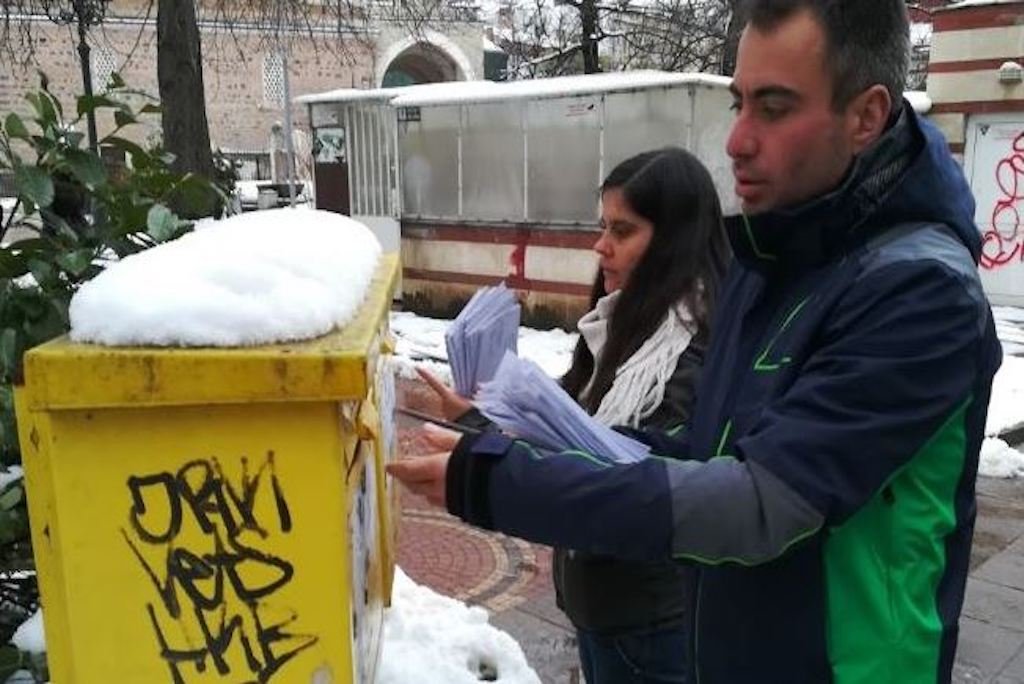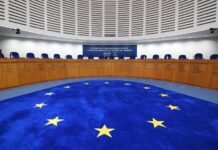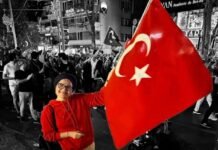The Association of European Journalists-Bulgaria (AEJ-Bulgaria) sent letters to journalists jailed in Turkey as a sign of solidarity with them.
A huge number of media representatives continue to be detained in Turkey in an attempt to silence their critical voices. That is why ahead of a summit between the European Union and Turkey in the Bulgarian costal town of Varna on Monday, AEJ-Bulgaria issued 95 symbolic accreditations for jailed journalists. The Bulgarian journalists also sent letters as the only way the jailed Turkish journalists can know about this solidarity. The correspondence via mail is the jailed journalists’ only connection to the world.

Detaining tens of thousands of people over alleged links to the Gülen movement, the government also closed down more than 180 media outlets after the controversial coup attempt.
The text of the letters is as follows:
Dear colleague,
We are Bulgarian journalists and you have been in our thoughts these days. Our country hosts a historic meeting between the European Union and Turkey. We believe that you belong to this meeting together with us and our European colleagues. You have to be there asking questions. Asking politicians how they protect the interest of the society they should serve. That’s why we issued symbolic accreditation on your behalf.
We made a badge with your name to show that although you cannot be present, you will be there. And if anyone thinks they could put journalist behind bars to mute their voice, they are mistaken. Others will speak on their behalf, others will ask the same questions.
Many politicians get annoyed by questions. They often find it difficult to answer. Sometimes they perceive themselves as victims of journalistic terror. But professional journalism is not terrorism. Journalists are not terrorists. On the contrary, the world does not know democracy without free journalism.

We share common past with you. It was a difficult and controversial one, but it’s ours, so we feel each other close. We still remember how three decades ago hundreds of thousands of our compatriots came to your country to seek freedom. The freedom to call themselves with their birth names. Freedom that was taken from them by the tyrannical regime.
To use the name given by your parents. To be able to freely say who you are and not someone else to determine for you. This is a fundamental human right that only a sinister tyrant can decide to take away.
To call things by their real names is also a basic human right as well as the essence of our profession. Getting in jail because of this is extremely unfair. Not only to you, but to your readers, listeners, viewers. It is unfair to the whole society that journalism is called to serve.

It is luck to be a journalist and to fight precisely for this right, which everything derives from. Sometimes it is difficult, sometimes it even seems hopeless. But let us think how difficult it was for our compatriots, who left everything behind thirty years ago and went searching for freedom. Freedom to use their own names. They had almost nothing, and they looked weak. The regime had prisons, the regime had a militia, the regime had weapons and it looked invincible. But it was just the opposite. People searching for freedom were the strong althogether. As strong as the strongest man on the planet – Naim Süleymanoğlu, who was also one of them. And the regime was weak. So weak that its days were numbered.
Today we pronounce their names with gratitude. We also read with reverence your name on the card we printed. We promise to protect it, to give it to you in person, seeing and celebrating the freedom to call things by their true names.
See you soon,
The team of the Association of European Journalists – Bulgaria















